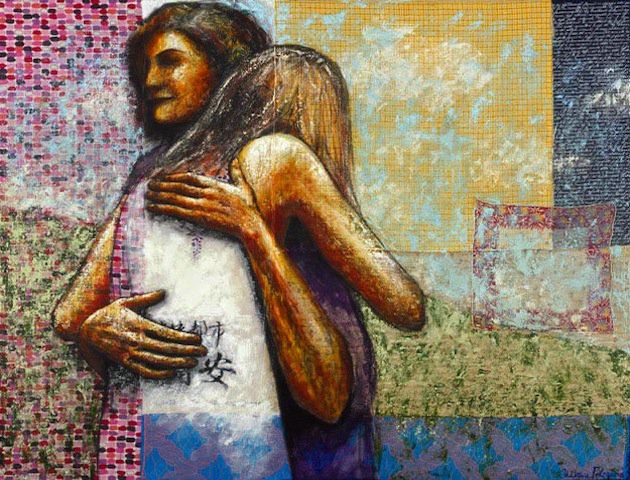
We have to respect other people, whether they make mistakes or not. We shouldn’t destroy them, shouldn’t wound them and berate them. Because what love requires is this: to exculpate them, to love them and to take all the blame ourselves.

We have to respect other people, whether they make mistakes or not. We shouldn’t destroy them, shouldn’t wound them and berate them. Because what love requires is this: to exculpate them, to love them and to take all the blame ourselves.
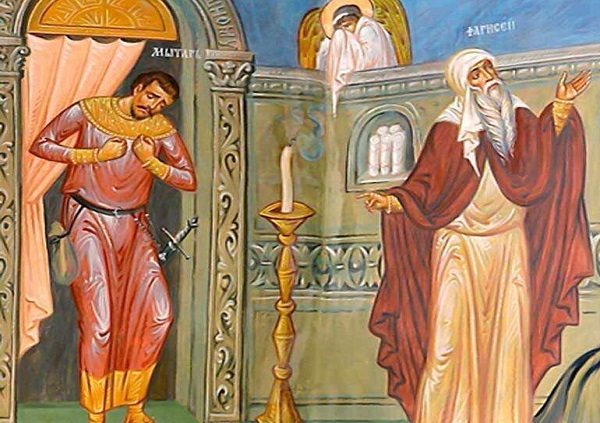
It’s an oft-repeated refrain that, over the last centuries, people have been seduced by philosophical theories, economic projects and social systems, have forgotten God and have claimed independence from Him. Beguiled by promises of earthly happiness and devoted to the pursuit of material goods, we have neither the strength nor the inclination to raise our heads from the dust of our mortal nature and to gaze upon our Heavenly Father. Even when we’re trapped in the continuing morass of multiple problems and we hear others stating with authority that the crisis isn’t economic, but principally one of morality and spirituality, we refuse in practice to transform this acceptance into actions which would bring about our spiritual resurrection and halt the ...
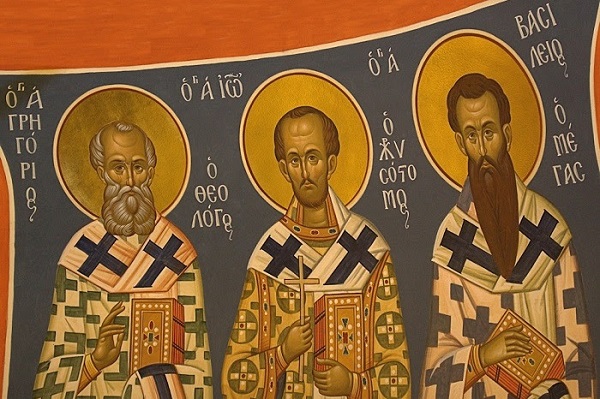
Our history here in Canada spans over a century. We left our homeland, carrying with us the eternal values and ideals of Hellas. We promised to preserve our Hellenic heritage, along with our Orthodox faith. It is useful to pause for a moment and honestly examine the pressing issue of Greek Orthodox education in Canada. As a rule, our forbearers kept their promises. They remembered and honoured the mother’s farewell curse conveyed by the verse: “But if you deny your country, which everyone adores, may your life be filled, wherever you go, with thorns and weeds.” So, what has happened in the course of the over one hundred year history of Hellenism in Canada? Unfortunately, Hellenic traditions and customs have eroded back in ...
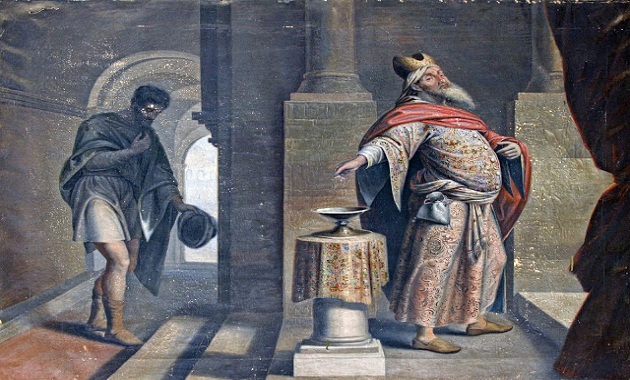
In its desire to prepare us for the great and bright battle of the virtues, Holy and Great Lent, the Church, has adopted a period of preparation, that of the Triodion. This period starts with tomorrow’s Sunday, with an important parable related by our Lord: the Publican and the Pharisee. From the Church of Saviour, Kalymnos The parable says that two people went to the temple to pray. Two went, but only one fulfilled his aim: the Publican. The sinner, the wretch, the good-for-nothing. He who was so ashamed of his actions that he didn’t dare even raise his eyes. He who asked for no more than the mercy of God. And he achieved it. With remorse and humility, he gained ...
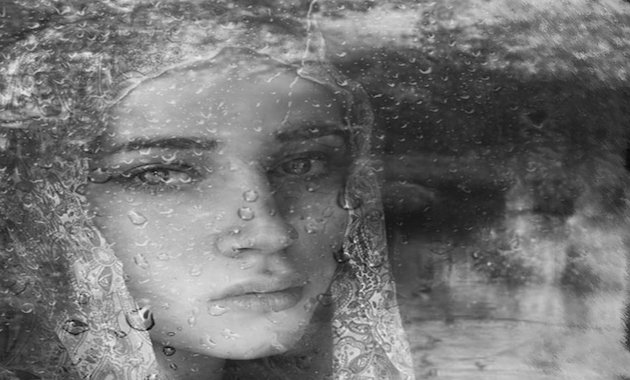
People need humility and the fear of God more than they need to breathe. Two wrongs don’t make a right, so if somebody does you wrong, return it with good. In this way, your good action expunges their wrongdoing.
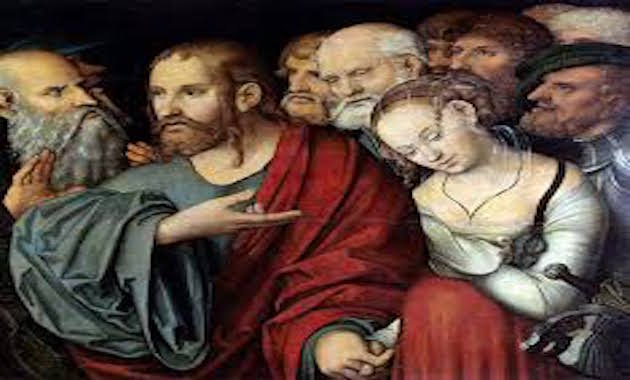
We forgive people, we don’t quarrel with them. We don’t annihilate people. We put iodine on their wounds. Be joyful. Love one another. Forgive one another. Pray. Love God, Our Lady and all our Saints. No curse should emerge from a mouth that prays.
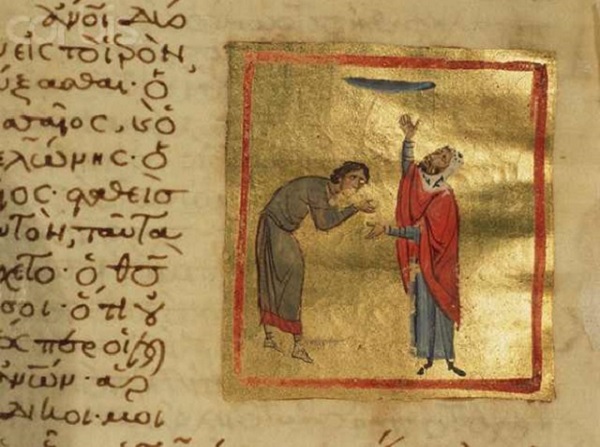
Today’s Gospel reading (Luke 18, 10-14), presents two types of people who are typical of their kind, a Pharisee and a Publican (Tax-Collector), praying in the Temple. They represent the two opposite poles of society at that time. One is pious and righteous in the eyes of other people, an expert in the Law, a member of the Pharisees, who were a leading religious group. The other was the representative of the class of sinners, a man whose profession was synonymous with rapacity, violence and the draining of the resources of the people. In the mind of the whole of society at that time, a publican was the worst of sinners. So what do these two people say in their prayer? ...
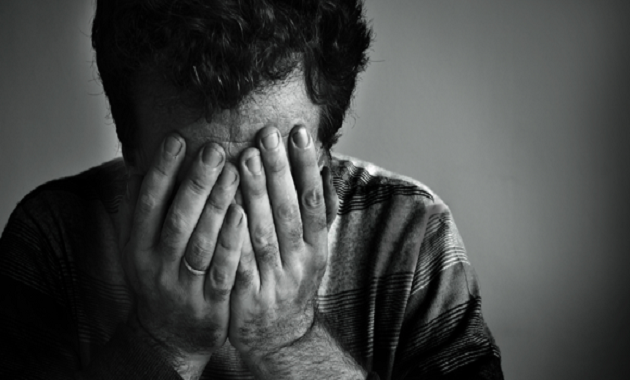
A humbled heart, which has first been wounded by the arrows of the enemy and then, after repentance, by the paternal love of the Saviour, has no other way of expressing itself but by tears. It’s naïve to think you can follow in the steps of Christ without tears.
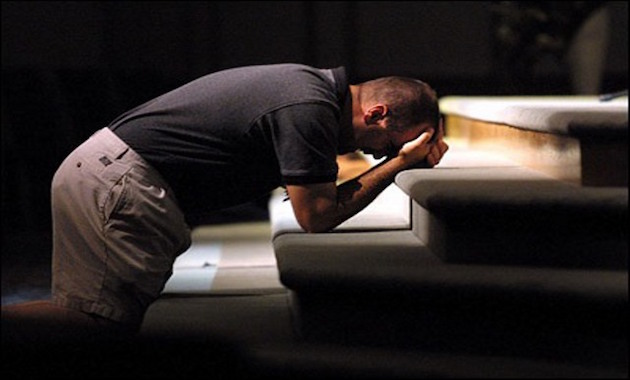
People who live in the Kingdom of Heaven radiate saintly thoughts. Divine thoughts. The Kingdom of God creates within us an atmosphere of Paradise, quite the opposite of the hellish atmosphere which is exuded by those who have Hades in their heart. The role of Christians in the world is to filter the earth’s atmosphere, so that the atmosphere of the Kingdom of God continuously gains ground.
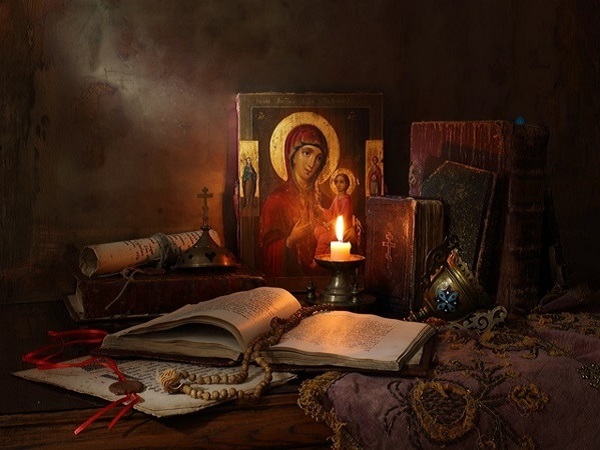
The spiritual life, concerning which there has been much discussion, is simply what we do, in conjunction with God’s Grace, in order to achieve the aim of our existence, which is glorification. The spiritual life is a dynamic course of action. It begins with baptism, which is the purification of the image, and continues, by way of the ascetic life, until we reach the likeness, communion with God. In the Church, the spiritual life isn’t abstract or theoretical, but is rather union of Christians with God and our communion with Him, the life in Christ. It’s the unceasing endeavor on our part to become worthy of that divine breath which is within us, as Saint Nikolaj Velimirović so aptly puts it. And ...

The newspapers in heaven write about everything that happens here, both the good and the bad. The faithful should be simple in their actions, and pure in their thoughts and feelings. They should seek God with a pure heart, and meet Him in simplicity, because ‘a pure heart passes easily through the gates of heaven’.
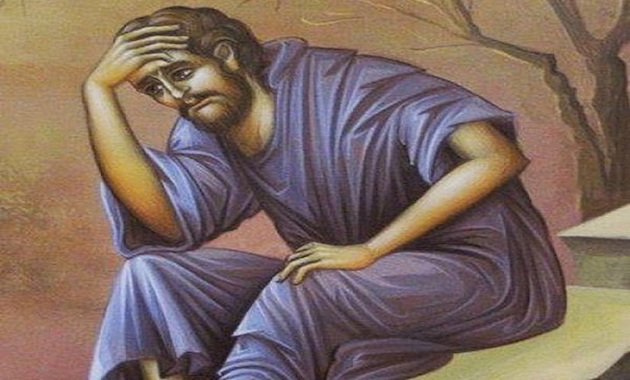
We have lots of reasons to be tired, sad, or fallen. But we don’t have the right to give up, we don’t have the right to lay these burdens down.
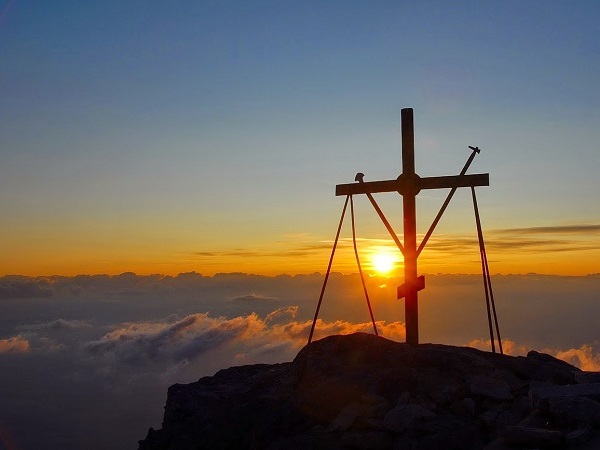
According to Saint John of the Ladder, pride means: ‘Denial of God, an invention of the demons’. To put it more simply, pride was discovered and invented by the devil. Lucifer refused to render veneration and worship to his Creator, the Holy, Triune God, and in place of this he set himself up as god. Terrible things happened, my friends, which are beyond the understanding of mere mortals. Lucifer dared to think and imagine himself as god, and once he’d really come to believe this inside himself, he fell, like lightning, from heavenly Paradise, dragging with him a host of other angels, who all became dark demons. As a result of this behaviour, the devil swore an oath, as the god ...
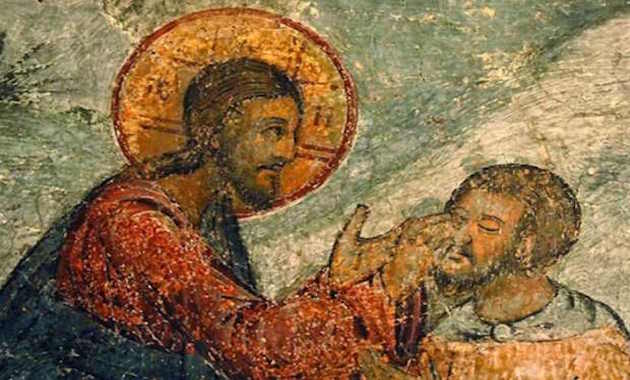
When the flesh is tested by illnesses, remember that what’s suffering and becoming debilitated is the greatest enemy of your salvation. This is why you should put up with illnesses bravely, in the name of the Lord. You should also remember that every illness is a form of suffering allowed by God for our sins. It cleanses us, reconciles us to Him and brings us back to His love.
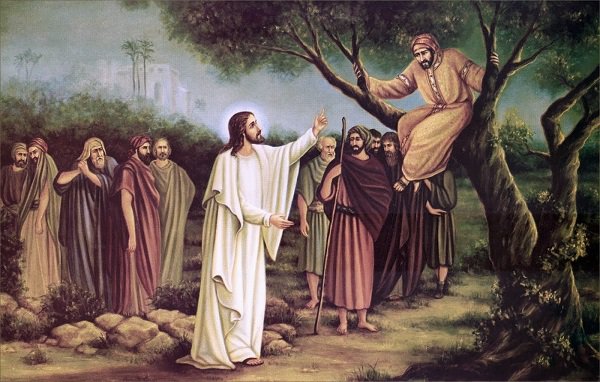
The Epistle reading for the Sunday of Zacchaeus is taken from the first Epistle of Saint Paul to Timothy and contains advice from the Apostle to his disciple and collaborator Timothy, whom he left in charge of the Church of Ephesus. The text describes the characteristics of a responsible leader of the Church which make him a model and example for the faithful. Paul demands Timothy’s attention with a phrase which he uses at the beginning of the passage and which he often employs in his Pastoral Epistles (Tim I and II, Titus) when he wants to underline something or add a Tradition of the Church: ‘The saying is sure and worthy of full acceptance’. Immediately thereafter he refers to his ...

This mind of ours, which is so quick and sharp to see other people’s transgressions, is positively sluggish when it comes to recognizing our own failings.
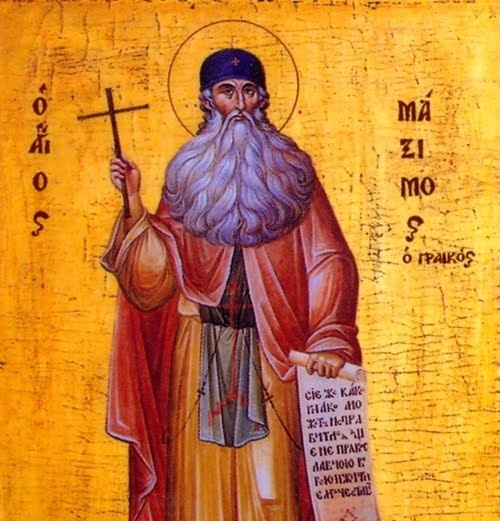
Saint Maximos the Greek (21 January) Saint Maximos Vatopaidinos, known in Russia as Maxim Grek, was a shining figure in the 16th century. Mihaïl Trivolis- who later became Maximos the Greek- was born in Arta, in 1470, to rich and devout parents, Manouil and Irini. Mihaïl learned his first letters through home schooling with his parents and a succession of exceptional teachers. He then went to Italy where he was a brilliant student of the Classics. In Florence, he was an enthusiastic follower of the religious and spiritual renewal inspired by Savonarola, a movement which ended tragically when its leader was condemned to death. After the completion of his studies, he became a monk at the Monastery of Vatopaidi, taking the name ...
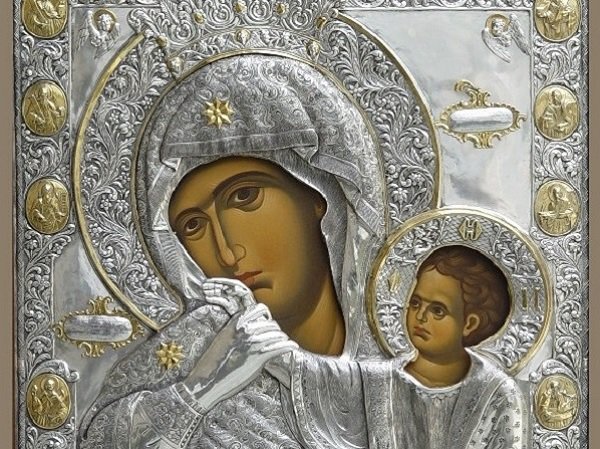
As you go up the staircase to the right of the central door of the main church of the Holy and Great Monastery of Vatopaidi, there’s a chapel dedicated to Our Lady of Consolation. It was here that the wonder-working icon of Our Lady, a wall-painting from the 14th century which was once at the right edge of the outer narthex, was brought after the occurrence of a miracle, which we shall now describe. In the old days, it was the custom that, as they left the main church after Matins, the fathers of the monastery would kiss the icon of Our Lady in the outer narthex. There the Abbot would give the keys to the gates of the Monastery, which ...
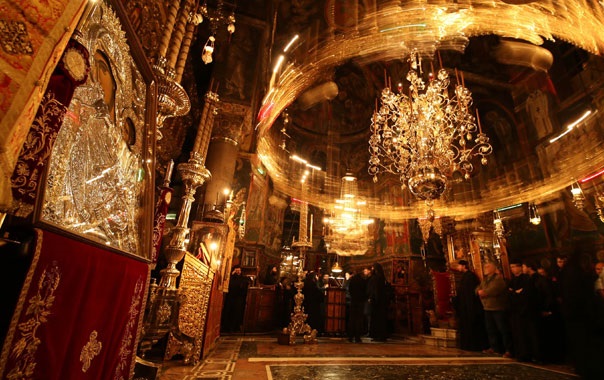
The Dismissal Hymn for Our Lady of Consolation, in the slow melody. A live recording from the Service of Our Lady of Consolation at the Holy and Great Monastery of Vatopaidi. %audio%